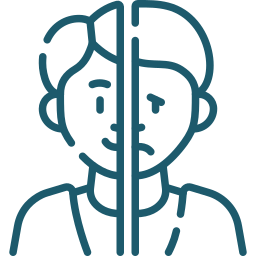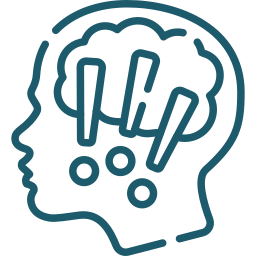Programs & Treatments
A Real-World Approach to Residential Mental Health Recovery in Orange County
At First Light Recovery, we believe mental health treatment should feel human, empowering, and grounded in real life — not institutional or restrictive. That’s why our programs are built around community, accountability, and personal growth.
We specialize in residential treatment for adults ages 18–59 who are ready to take control of their mental health in a supportive, structured, and compassionate environment.
If you’ve tried outpatient care, short-term hospitalization, or therapy that didn’t go deep enough — our program may be exactly what you’ve been searching for.

Our Philosophy Social Rehabilitation with Structure and Trust
Unlike many traditional programs, First Light Recovery is licensed as a social rehabilitation facility, allowing us to offer a true mental health–only focus (not dual-diagnosis or addiction-first care).
Our clients learn to live again — not just manage symptoms — by developing.
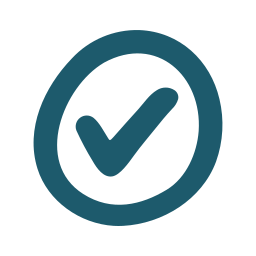
Healthy routines (sleep, hygiene, meals, medication)

Emotional regulation and self-awareness

Communication and relationship skills

Independent living habits and life skills

Confidence to reintegrate into family, school, work, and community life

Our Core Program
Residential Mental Health Program
Our primary program offers 24/7 care in a small, home-like setting where adults receive personalized therapy, group support, and real-life skill building.
You’ll live with up to five other individuals in a safe, intimate environment, guided by a team of mental health professionals and support staff.
Conditions We Treat
Our team is highly experienced in supporting adults with a wide range of primary mental health diagnoses, including complex and co-occurring conditions.
Click through to learn more about each category and individual condition.

Anxiety Disorders
Generalized Anxiety, Social Anxiety, Panic Disorder, OCD
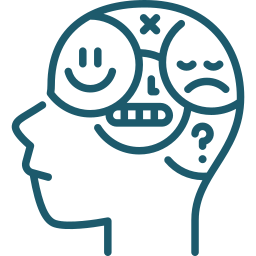
Mood Disorders
Depression, Bipolar Disorder, Persistent Depressive Disorder
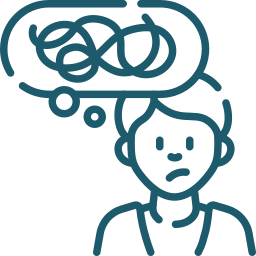
Thought Disorders
Schizophrenia, Schizoaffective Disorder
Therapies & Services

Individual Therapy
At First Light Recovery, we believe real change begins with one simple — but powerful — relationship you and your therapist.

Group Therapy
Healing doesn’t happen in isolation — it happens in community. At First Light Recovery, group therapy.

Family Therapy
Mental health doesn’t exist in a vacuum — it affects, and is affected by, the relationships closest to us At First Light Recovery.

Cognitive Behavioral Therapy
When your thoughts feel like they’re working against you — making you anxious, depressed, or stuck in self-doubt — healing starts by.

Dialectical Behavior Therapy
Do you feel like your emotions come on too strong — or too fast? Do you struggle with black-and-white thinking.

Trauma-Informed Care
Trauma isn’t always about what happened — it’s about how your mind and body responded to what happened And for many.
Start Your Journey Toward Healing Today
If you’re struggling with your mental health, you don’t have to face it alone. First Light Recovery offers compassionate care, expert treatment, and a real-world approach to empower you.

